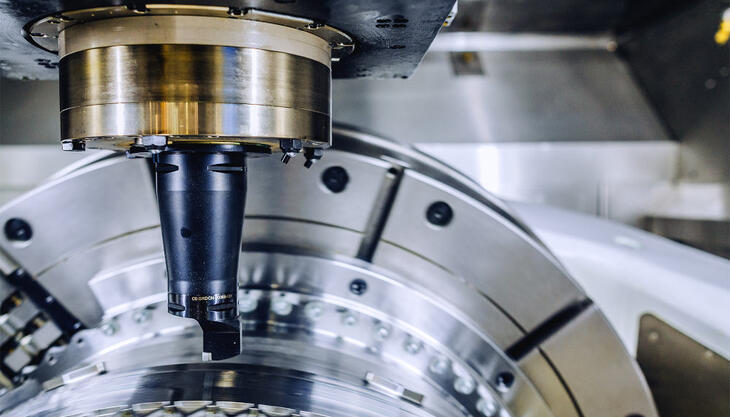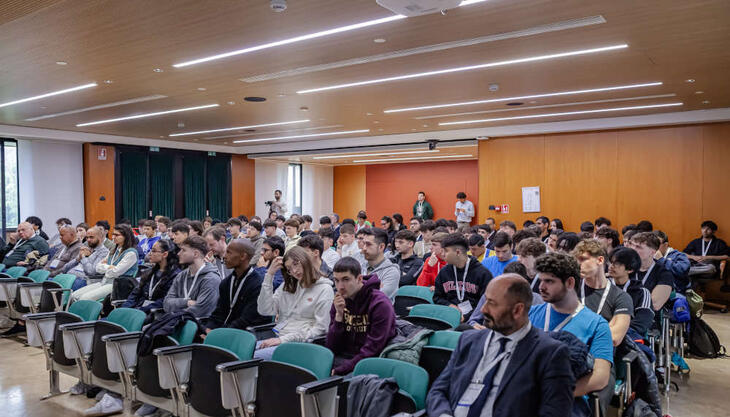Chemists at IBM Research in Almaden, California, have developed a new polymer capable of killing bacteria without the use of antibiotics and based on semiconductor technology.
While looking for a way of making microscopic etchings on silicon wafers at a scale much smaller than previously possible, the centre's researchers discovered several materials that, "chained together" to form a polymer, are capable of producing an electrostatic charge. Looking beyond the purpose for which the first polymer was created, the researchers began to study other possible applications, and the result of all this was the creation of what have been dubbed "ninja polymers".
Introduced into the bloodstream or into water, the components of these polymers self-assemble into biocompatible structures ("ninjas") that are electrostatically attracted to infected cells, yet without affecting healthy ones. On reaching infected cells, they destroy the bacteria and then biodegrade, without apparently (at least to date) having any adverse effects on the body. These polymers attack bacteria by "mimicking" the immune system: the polymer attaches itself to the membrane of the bacterium and starts to destroy it. Once this has been broken down, the content of the bacterium escapes, but at this point it is no longer capable of developing resistance to the polymer.
In addition to the medical application of these polymers, the team from IBM Research also hopes to find uses for them in detergents and possibly even in toothpastes, mouth washes and food packaging in place of the currently used microbial agents, which are harmful to the environment.


























